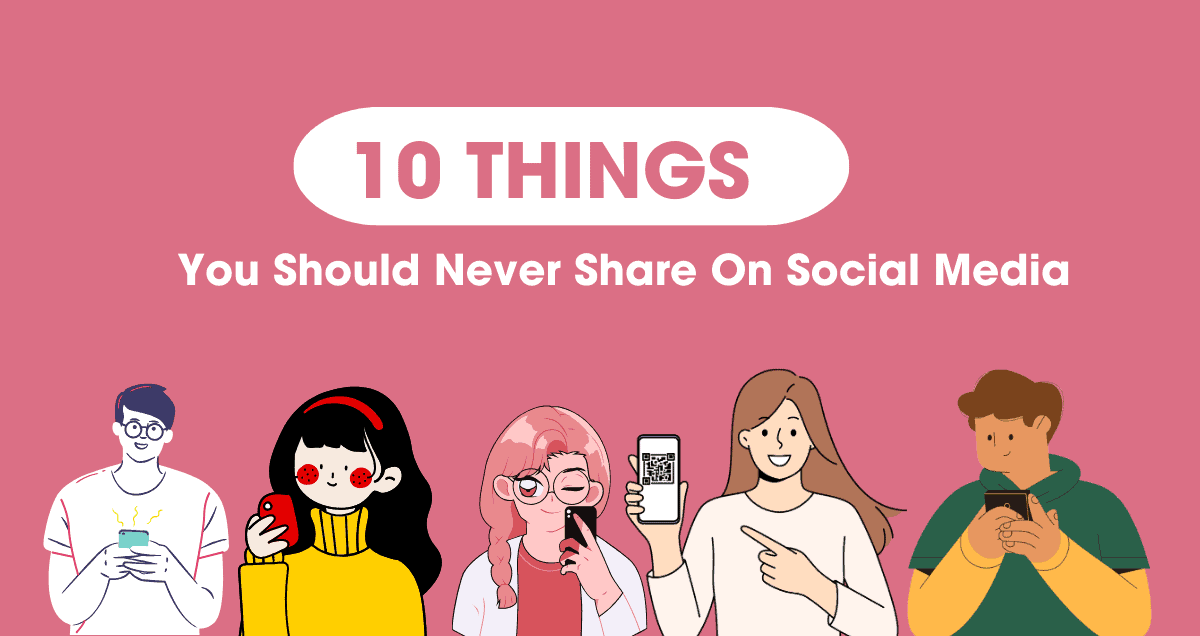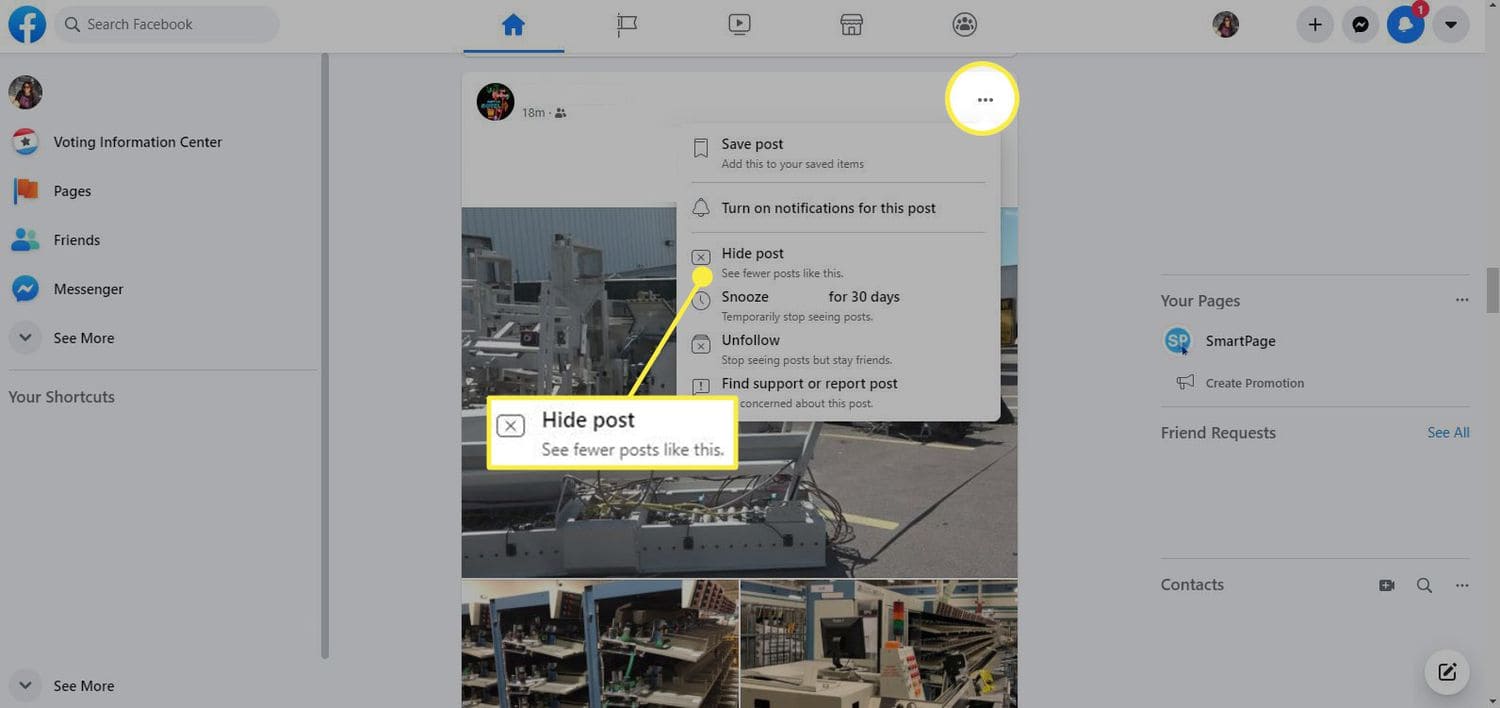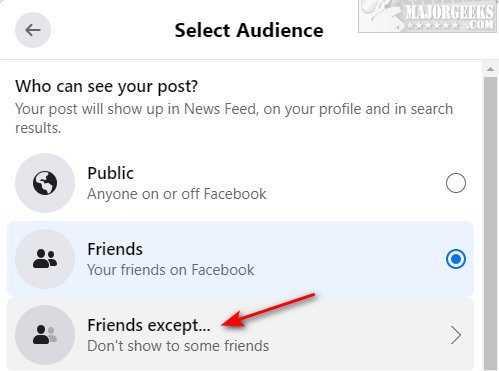1. Travel Plans
Be careful about showing off your exciting vacation plans or putting up photos while you’re away. Someone might see this and use it the wrong way. For example, if a bad person knows where you live and finds out you’ve been gone for two weeks, they might think it’s a good chance to break into your house.
Instead, wait until you get back home to share anything about your trip. It’s not as fun, but it’s safer because it doesn’t let everyone know you’re not at home.
Also, be careful with photos of your house. Pictures of where you live can give away clues about where you are and spots where your house might not be secure, like windows or doors that aren’t strong.
2. Location Data
Social media apps can find out where you are from your internet connection or your phone’s GPS. Before you post something, make sure the app isn’t showing your location, and turn that off. You usually don’t need to let everyone know your location.
If you put up photos, others might see extra details about where and how you took the photo. It’s a good idea to take this extra information from your photos before you put them online.
Also, be careful about sharing your home address and phone number. Don’t share these in public places online, because you never know who might see them and what they could do with that information.
3. Personally-Identifying Information
Sites like Facebook have a lot of information that bad people can use to pretend to be you on social media. It’s best not to share things that can prove who you are, like your full birthday. Also, never put up pictures of things like your driver’s license, passport, or credit card because they have personal information you don’t want everyone to see.
Watch out for “fun quizzes” on social media that ask things like where you went to school or your first pet’s name.
These questions are sometimes used to keep your online accounts safe. The good news is that many websites are getting rid of these simple security questions, but they can still be a way for bad people to get into your accounts. Sharing these answers might let someone hack into your account. Keep yourself safe by keeping this information to yourself.




